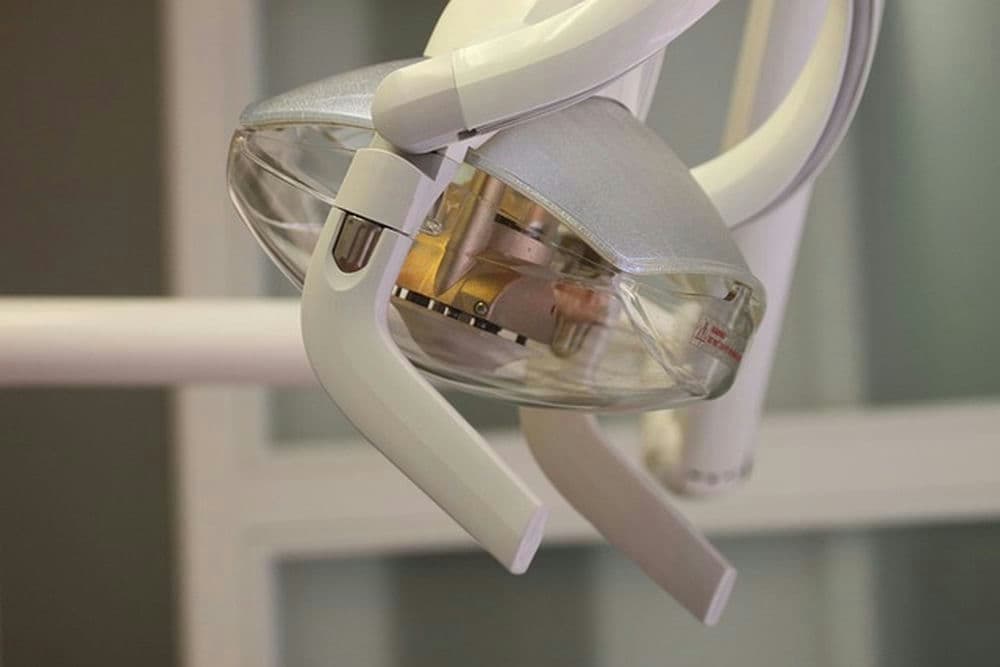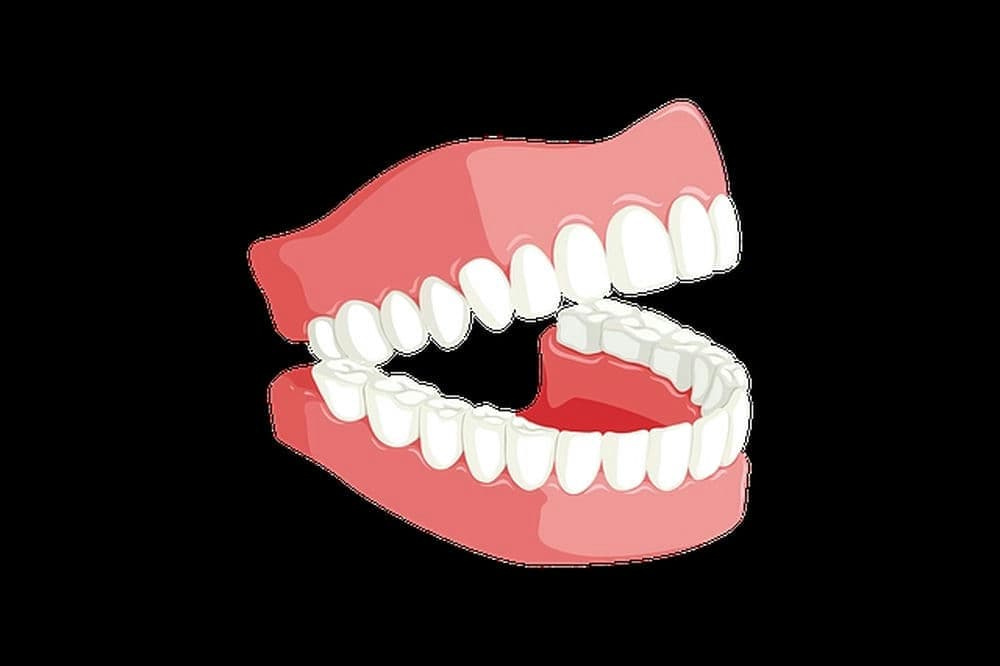Pages
clearchoice dental implants
1/5/2023

Don't chew hard items, reminiscent of ice and difficult candy, which could break your crowns — or your herbal teeth. Avoid tooth-staining tobacco and caffeine merchandise. Get treatment if you grind your teeth. What are dental implants?Dental implants are small threaded posts that replace missing teeth roots. Most dental implants are titanium, but some are ceramic. Both of these components are safe and biocompatible (pleasant to the tissues inside of your mouth).
Dental Implants behave like natural teethOne of the largest benefits of an implant is that it restores full chewing power. Most patients can’t tell the change between their herbal teeth and the implant tooth. They can eat with it completely normally, and that they can brush and floss continuously as well. Dental Implants can last a lifetimeWhereas a dental bridge may only last around 10 years or so, dental implants can last a lifetime. The implant is manufactured from titanium and integrates with the jawbone. It’s bio-compatible, that means that it’s non-toxic and never rejected by the body. All in all it makes a powerful alternative tooth. Dental Implants avoid bone lossThe Benefits of Dental ImplantsBone loss occurs in the jaw when there are no tooth roots (or implants) keeping the jaw bone prompted. Where there is not any tooth, the jaw bone in the empty space deteriorates due to loss of stimulation. If no implant is placed in the 1st year of losing a tooth, that bone area loses 25% of its volume, and bone loss continues over the years. Dentures may even accelerate bone loss as they frequently become loose, after which rub towards the bony ridge, step by step wearing it away.
dental implants in my area
2/20/2023

This can damage your gums and in addition the bone surrounding your teeth (periodontitis). After tooth extraction through the years, the height and thickness of the bone decreases due to the herbal technique and absence of mechanical loading. To support a dental implant if the present volume of the atmosphere bone is not enough to ensure a long-term balance;To conserve the current teeth which have lost their bone support due to periodontal diseases;To regenerate a bone defect after a stressful event;To accurate general bone defects to realize extra height for implant placement;To advertise bone, grow and soft tissue innovations after tooth extraction. Increased failure rates could be anticipated in sufferers exhibiting risk elements similar to systemic ailment-causing wound curative issues, heavy smoking, greater periodontal susceptibility, poor bone density and extreme atrophy and Vitamin D deficiency or high LDL or low HDL ldl cholesterol level. Please consult your dentist also regarding any medication you're shortly taking. Only during this way can it be determined whether some other software regulations apply.
The most not easy aspect of dentures, and the unhealthiest, is their poor chewing capacity. many have to limit their diets because they're unable to chew sure foods with their dentures. If you are determining among traditional dentures or an implant-supported recovery, here are some things to believe. Dentures often have to be kept in the mouth by using a dental adhesive. This occasionally calls for re-glues after meals. An implant-supported denture requires no adhesive. Dentures have to be got rid of for cleansing. With the exception of a detachable implant-retained denture, your implant-supported recovery can be cared for by brushing and flossing. Dentures cover the roof of the mouth. With implants, there’s not anything overlaying the roof of your mouth to intrude together with your sense of taste or other normal actions. Implant-supported dentures can even be fabricated without a palate.
simply dental implants
1/23/2023

See your dentist continuously. Schedule dental checkups to make sure the health and proper functioning of your implants and follow the advice for expert cleanings. Avoid damaging habits. Don't chew hard items, comparable to ice and hard candy, that can break your crowns — or your herbal teeth. Avoid tooth-staining tobacco and caffeine products. Get cure if you grind your teeth.
Implants are also useful if dentures or bridges can be difficult or not possible as a result of there are no appropriate teeth or gums to help them. Risks of dental implantsThere is a small risk that the dental implants would possibly not join properly with the bone on your jaw. We then cannot use them. This risk is higher for some people, adding people who smoke. The dental team tells you if they think that the chance is higher than normal for you. Parts of your implant can loosen or wear out with time.
cheap dental implants
3/1/2023

Where there is no tooth, the jaw bone in the empty space deteriorates due to lack of stimulation. If no implant is placed in the 1st year of losing a tooth, that bone area loses 25% of its volume, and bone loss maintains through the years. Dentures can even speed up bone loss as they frequently become loose, after which rub against the bony ridge, regularly wearing it away. Because an implant replaces the basis in addition to the tooth, and chewing is restored to normal, it adds the needed stimulation for herbal bone growth. Dental Implants keep adjoining teeth stableThe gap from a lacking tooth may cause adjacent teeth to crookedly shift against the distance. This pulls your teeth out of position and can affect your bite, your potential to chew and your look.
Who shouldn’t get dental implants?Certain risk elements can affect dental implant candidacy. Dental implants may not be right for you if you:Are under the age of 18. (Most surgeons won’t place dental implants unless your jaw has stopped growing. )Smoke or use tobacco merchandise. Have colossal bone loss for your jaw. Have poor oral hygiene. Have huge tooth decay. Have active or untreated gum ailment. Have bound health conditions, equivalent to bone problems or autoimmune illnesses. Every person is different with a completely unique health historical past. To discover obviously if you qualify for dental implants, consult with your dentist.